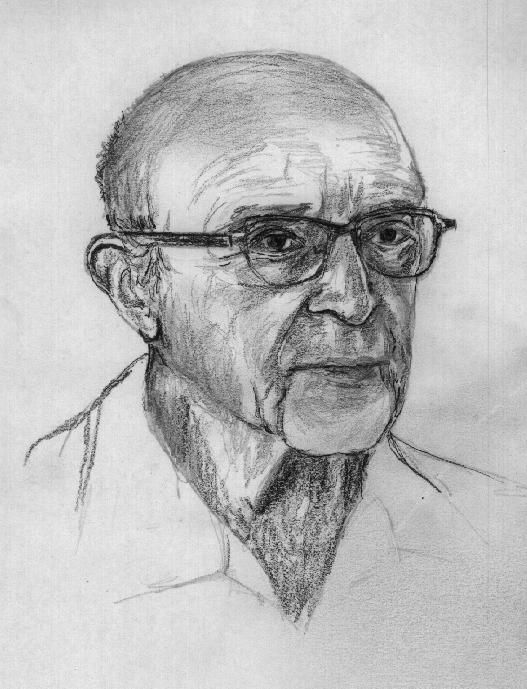- Home
- Learn more
- The Person-Centred Approach
The Person-Centred Approach to Therapy
The person-centred approach to therapy emerged from the work of the eminent psychologist Dr. Carl R. Rogers (1902-1987), the creator not only of client-centered counselling (also known as person-centred therapy) but also the creator of student-centered education and of person-centered approaches to human relations and community building.
Person-centred therapy is based on a deep respect for the person, and the belief that the relationship between counsellor and client is of primary importance. It is taken as given by person-centred therapists that it is the the client who knows best what hurts, that the client has within herself or himself the capacity to begin a healing process and that that process can be helped to unfold within the safe, nonjudgemnetal, understanding type of relationship that person-centred counsellors are trained to offer.
The essential qualities which we believe as person-centred counsellors create a safe, supportive and challenging therapeutic environment include:
- A deep acceptance of the person we are with.
- A willingness to understand that person.
- A commitment to being genuine in our relationship with the person.
These qualities, offered professionally and consistently, are the central and distinctive characteristics of the Person Centred Approach to Therapy.

-
First published on 27 Feb 2012Last updated 12 Dec 2023
-
By Site AdministratorUnder About